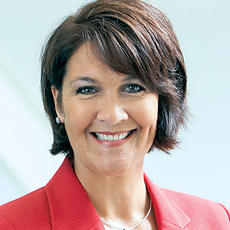
“Team building is the process of turning a group of individual employees into…a group of people organized to work together interdependently and cooperatively to meet the needs of their customers,” according to TheBalance.com. But it can be particularly difficult to feel like part of a team in a healthcare setting. The environment is fast-paced, with high stress, and a lot of shiftwork, which can be isolating. Having a connected team is crucial, but won’t happen by accident. Team building has to be a planned part of staff development, and should start with the onboarding process.
Frequent, open communication helps make team building a part of the fabric of the facility. Inform the team about upcoming policy changes and involve them in problem solving by asking for their input into process improvement and goal setting. Open two-way communication helps keep staff invested in the mission and vision of the organization.
Make team building a part of daily work life with opportunities for staff to interact, and have something to talk about besides work. Examples include having a food truck in the parking lot every Friday, and weekly/monthly contests like trivia questions, or guessing how many beans in a jar (keep the hype big, but the prizes small to make it fun without inciting resentment). Generously reward employees and staff on occasions such as National Nurses Week and Employee Appreciation Day, and recognize outstanding staff regularly, such as through a ‘Staff Member of the Month’ event.
Every once in a while, having a larger team-building event can be a very effective way to promote comradery and togetherness. If your facility has never had a structured team-building plan, this is also a great way to ‘kick off’ a new era. Events can range from off-site activities like a picnic or attending a theater performance, to recreational activities such as bowling or a friendly softball game (avoid overly demanding physical activities that would limit participation). Another option is to have a professional team-builder come to you. An extended workshop on or off-site can be a valuable long-term investment.
Employees who feel like part of the team feel valued and supported, which makes them invested in the success of the facility, and the overall happiness of the residents.
Julie Osborne is the Director of Recruitment at LeaderStat in Columbus, OH. She has worked for 25 years in the post-acute industry in the rehab sector as well as providing recruiting support.



